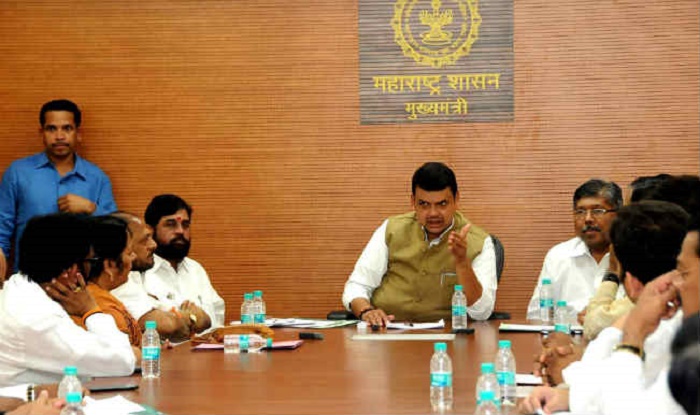Mumbai, Dec 2: The financial condition of Maharashtra is reeling under severe conditions with more than a debt of more than Rs 3 lakh crore, and a revenue deficit to the extent of 7,000 crore. With the economy cornered in a poor shape, the Maharashtra state government is experimenting with direct democracy in a bid to acquire ‘out of the box’, innovative and expert opinion from the general masses in order to improve the financial environment. (ALSO READ: Arvind Kejriwal’s Janta Ka Budget: Delhi Chief Minister seeks public opinion on budget)
The notification was cleared by the Maharashtra cabinet on Monday. It proposes to include 27 of the best suggestions provided by the citizens and incorporate it in the fiscal budget prepared for the year 2016-17. To register their suggestions, the citizens could write to – “The Finance Minister or additional chief secretary, finance, Finance department, Mantralaya, Madam Cama Road, Hutatma Rajguru Chowk, Mumbai – 400032.” People are also provided the option of sending their suggestion online on the following website: ‘http://aaplesarkar.maharashtra.gov.in’.
In order to lure the citizens to provide genuine, well-thought, innovative and practical solutions, the government has announced an award prize of Rs 10 lakh to the person whose suggestion would be regarded as the best. The second best would be granted Rs 7.50 lakh by state exchequer, while the remaining 25 selected suggestions would garner Rs 1 lakh to the provider.
This participative form of budget preparation is replicated from the concept of ‘AAP ka budget’ introduced by Delhi Chief Minister Arvind Kejriwal. The Aam Aadmi Party government held mohalla sabha in various parts of the capital listening to the opinion of general public before preparing the final draft of budget. Kejriwal, along with his deputy Manish Sisodia, himslef attended a number of sabhas listening to the ideas provided by the people. The subsequent state budget released was termed as ‘Janta ka budget’, claiming to have incorporated the suggestions of electorates.








